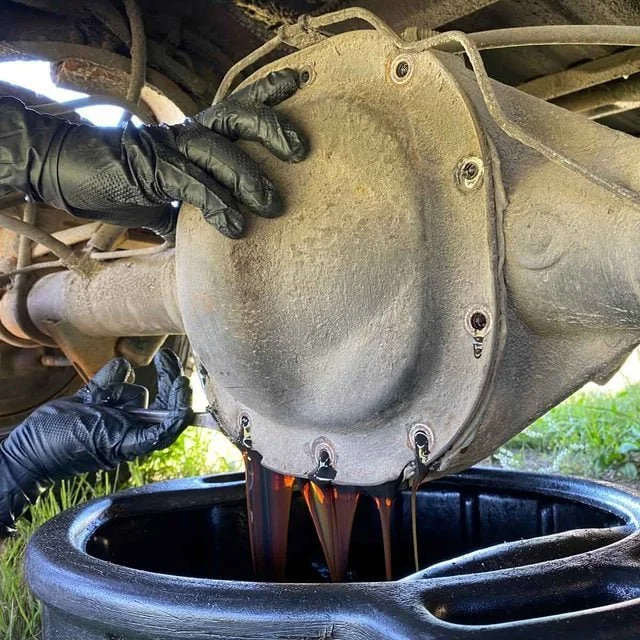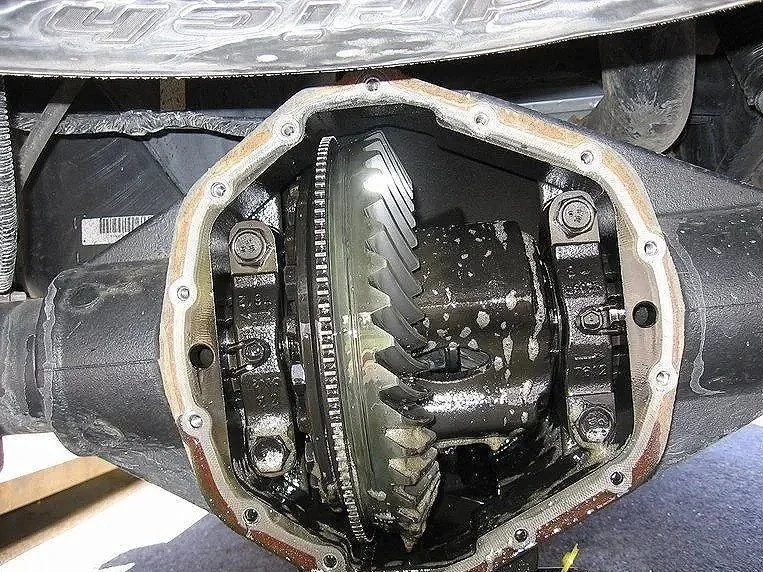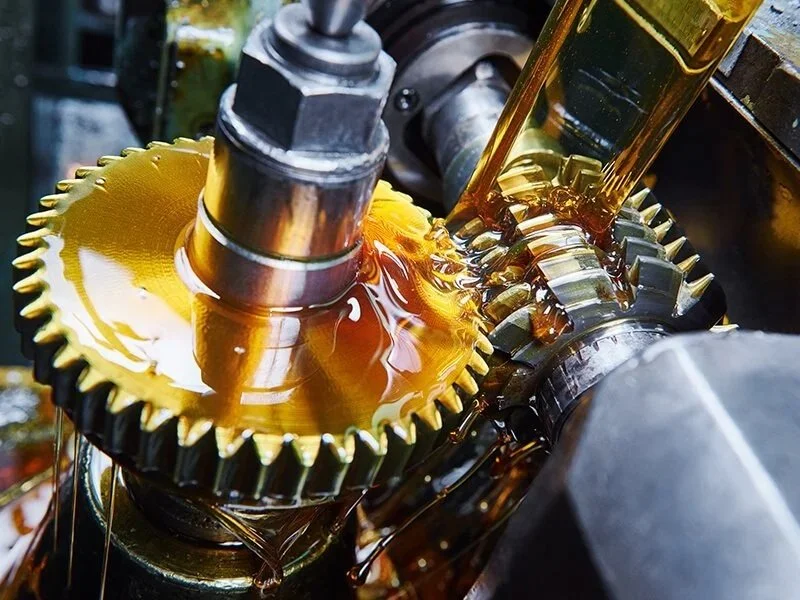
Differential Fluid Flush
A differential fluid flush replaces old, contaminated fluid with fresh, clean fluid. This service is vital for maintaining the performance and longevity of your vehicle's differential, which enables wheels to rotate at different speeds during turns.
Why Is It Important?
Lubrication: The differential fluid lubricates the gears and other moving parts within the differential, preventing friction and wear.
Cooling: The fluid also helps cool the differential components, preventing overheating and potential damage.
Performance: Fresh, clean differential fluid ensures smooth operation, especially during turns, and helps maintain proper power transfer to the wheels.
Prevents costly repairs: Replacing the fluid at recommended intervals helps prevent excessive wear, noise, poor performance, and even differential failure, ultimately saving you from expensive repairs down the line.
Signs It's Time For a Differential Fluid Flush
Unusual noises: Whining, howling, clunking, or humming sounds, especially during turns or acceleration, can indicate insufficient or contaminated fluid.
Vibrations: Feeling unusual vibrations in the steering wheel or from the rear of the vehicle could also signal a differential fluid issue.
Difficulty turning: Stiffer turning or difficulty maneuvering can be a sign that the differential is not operating properly due to fluid issues.
Burning smell: A burning smell emanating from the differential or gearbox can indicate overheating due to inadequate lubrication.
Fluid appearance: Dark, dirty, or discolored fluid with a burnt smell indicates contamination and loss of effectiveness.
Recommended service intervals
General guideline: Most vehicles require differential fluid changes every 40,000 to 60,000 miles.
Driving conditions: Frequent towing, hauling heavy loads, driving in extreme temperatures, off-road driving, or stop-and-go traffic can accelerate fluid breakdown and may necessitate more frequent changes



